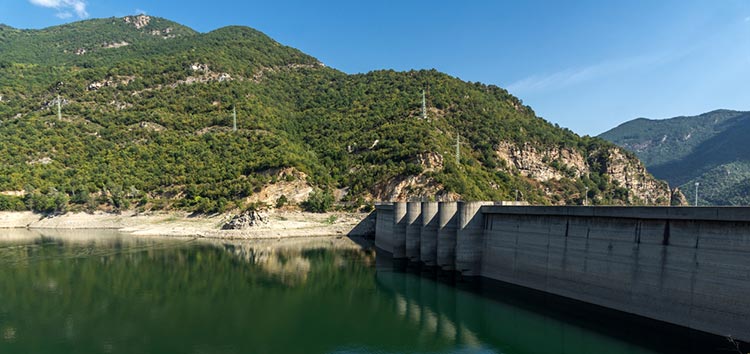Bulgarian hydro power plant producer becomes energy efficient

Investor
IHB Electric JSC

Location
Bulgaria

Investment
Modernisation of the main production line

Investment Size
€59,900

Financial results
Payback period of 1.5 years; annual cost savings of €5,600 for energy and €33,600 for operations and maintenance

Impact
Increased output, enhanced competitiveness and improved working environment

IHB Electric JSC (formerly Elprom ZEM Co.) is a global supplier of hydro generators, electric motors, turn-key electro-mechanical equipment and services for hydro power plants, pumping stations and irrigation systems. Being one of the founders of the electric industry, the company is a worldwide reliable partner.
The company decided to invest in a main production line upgrade to keep up with high production standards and to decrease energy costs. IHB Electric addressed BEERECL for loan financing.
The project included modernisation of the production equipment.
The BEERECL team performed the project analysis, primarily the potential for energy savings and technical-financial parameters, as well as the environmental aspects to make sure the company complied with environmental standards and requirements.
The €59,900 investment allowed the company to decrease its energy and operational costs by €39,000 per year. This means the investment will pay off from savings in just one and a half years. For the years to follow these savings will become the company’s income.
In addition, the project led to increased output, improved work environment and a reduction in CO2 emissions of 81 tonnes per year, contributing to the mitigation of the negative effects of human activity on the climate.
This project proves once again that investments in energy efficiency are very profitable and may lead to other additional benefits and enhanced company’s standing.
This way the EBRD, through BEERECL, supports the implementation of sustainable energy projects by the private sector. Together, the private, residential and public sectors can change energy consumption patterns and contribute to environmental protection.



